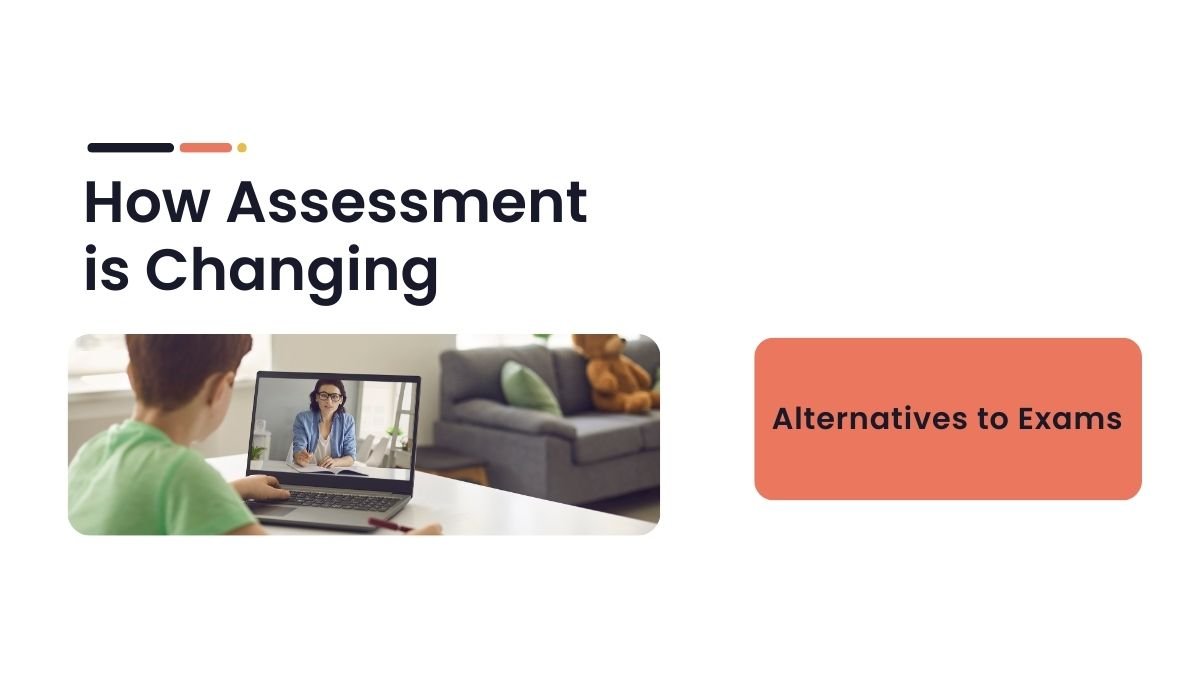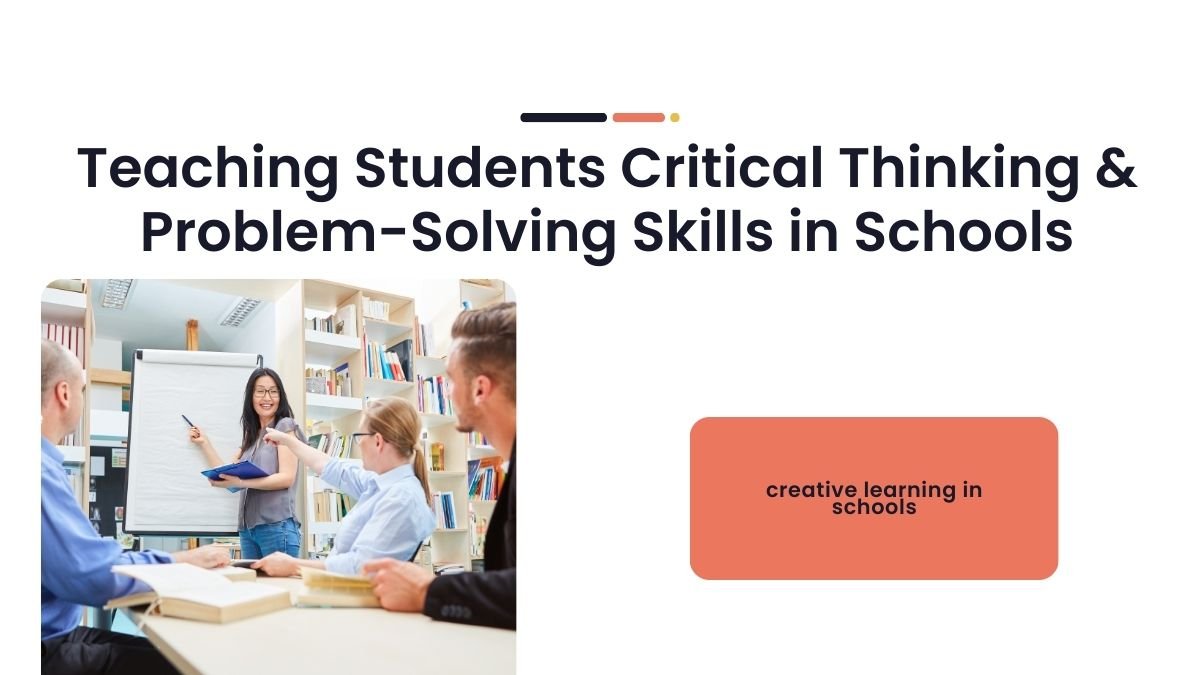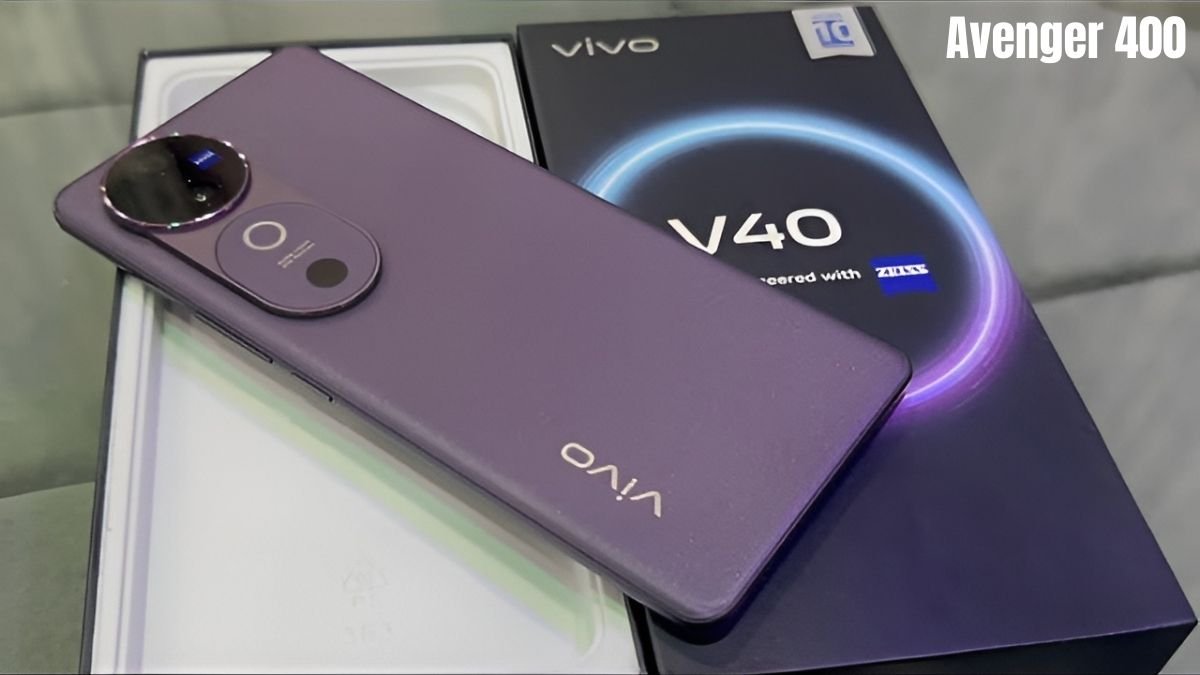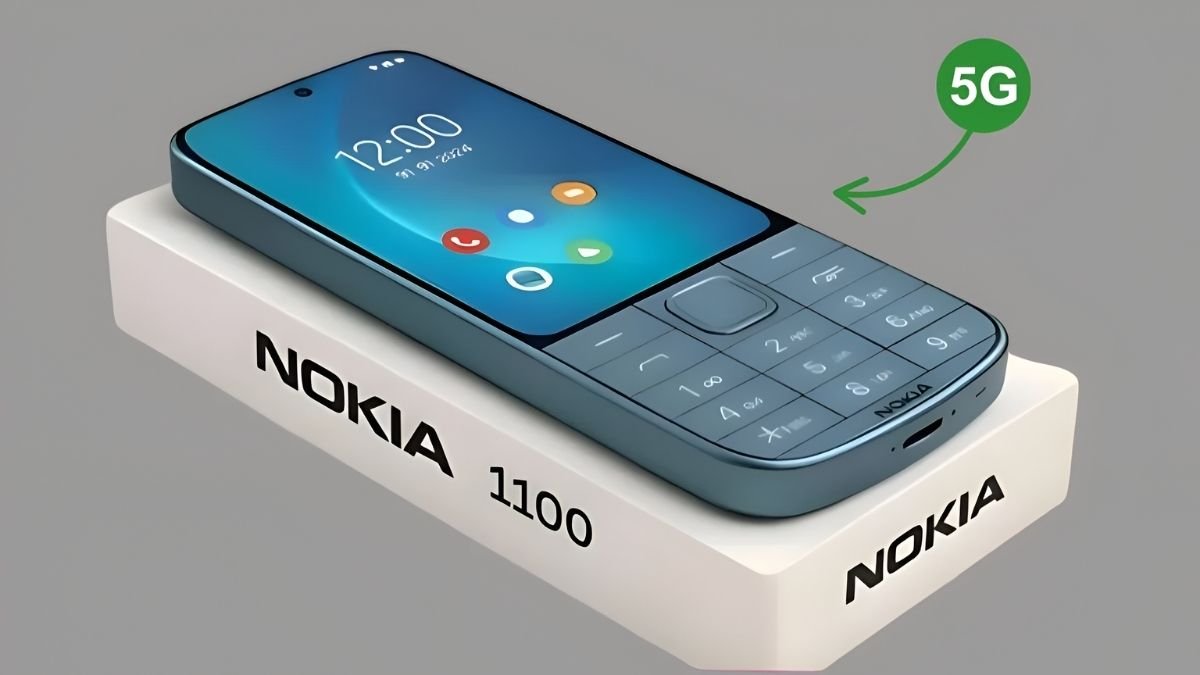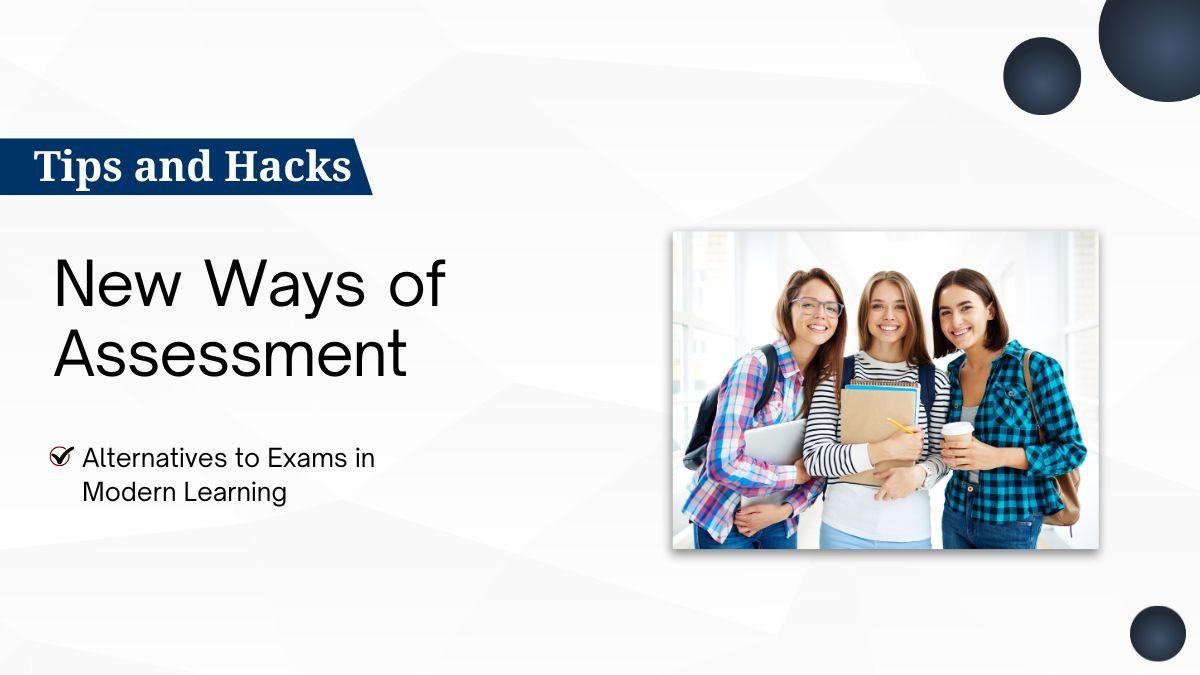Traditional education often emphasized memory and rote learning, where students were evaluated primarily through exams. However, modern education focuses on assessing understanding, creativity, critical thinking, and practical skills. Alternative assessment is a student-centered approach that measures holistic learning and prepares learners for real-world challenges. B.Ed students must understand its significance and application as future educators.
1. Why the Shift Away from Traditional Exams
a) Focus on Real-World Application
Alternative assessment encourages students to apply knowledge in practical contexts rather than just memorizing facts.
Example: In science, students perform experiments to understand formulas and concepts, rather than only writing them in exams.
b) Holistic Evaluation
It evaluates multiple abilities, creativity, and personal development, not just grades or marks.
Example: In art or music, assessment considers progress, creativity, and presentation skills.
c) Improved Motivation and Engagement
Realistic and meaningful tasks increase student interest and responsibility.
d) Development of 21st-Century Skills
Alternative assessments foster problem-solving, critical thinking, collaboration, and communication skills.
e) Personalized Learning
Individualized tasks and ongoing feedback help students become self-directed learners.
f) Reduced Test Anxiety
Supportive assessment environments reduce stress, increasing confidence and engagement.
2. Examples of Alternative Assessments
a) Portfolios
A collection of students’ work over time, showcasing progress and learning journey.
Example: B.Ed students can maintain portfolios of class projects, lesson plans, and observation records.
b) Project-Based Assessments
Long-term projects allow students to design, experiment, and apply knowledge.
Example: Math students analyze statistical data; social science students propose solutions to community problems.
c) Performance-Based Tasks
Students demonstrate skills through presentations, research projects, or problem-solving tasks.
d) Collaborative Learning & Peer Assessments
Students learn from peers, develop teamwork, leadership, and social skills.
e) Continuous/Formative Assessment
Ongoing assessment provides timely feedback through various classroom activities.
f) Reflective Practices
Encourages students to reflect on their learning process, fostering self-awareness and improvement.
3. Challenges in Implementation
- Teacher Training: Educators need guidance to design and conduct effective alternative assessments.
- Time and Resources: Planning, conducting, and evaluating assessments require more preparation and monitoring than traditional exams.
- Standardization Complexity: Ensuring uniformity and comparability in assessments can be difficult due to subjectivity.
4. Practical Tips for B.Ed Students
- Mix Different Methods: Use portfolios, projects, performance tasks, and formative assessments in combination.
- Prepare Clear Criteria and Rubrics: Define explicit assessment standards for each task.
- Provide Feedback: Offer timely, constructive feedback beyond grades to guide learning.
- Encourage Collaboration: Include group work, peer assessment, and cooperative learning.
- Promote Reflection and Improvement: Teach students to self-assess and enhance their performance.
- Use Technology: Leverage digital portfolios, online quizzes, and project management tools for efficient assessment.
5. Conclusion
Alternative assessment goes beyond testing memory; it evaluates practical skills, creativity, critical thinking, and collaboration. It fosters student-centered learning, boosts self-confidence, and prepares learners for real-world challenges. B.Ed students must master these assessment techniques to effectively measure and develop the true capabilities of their future students.
